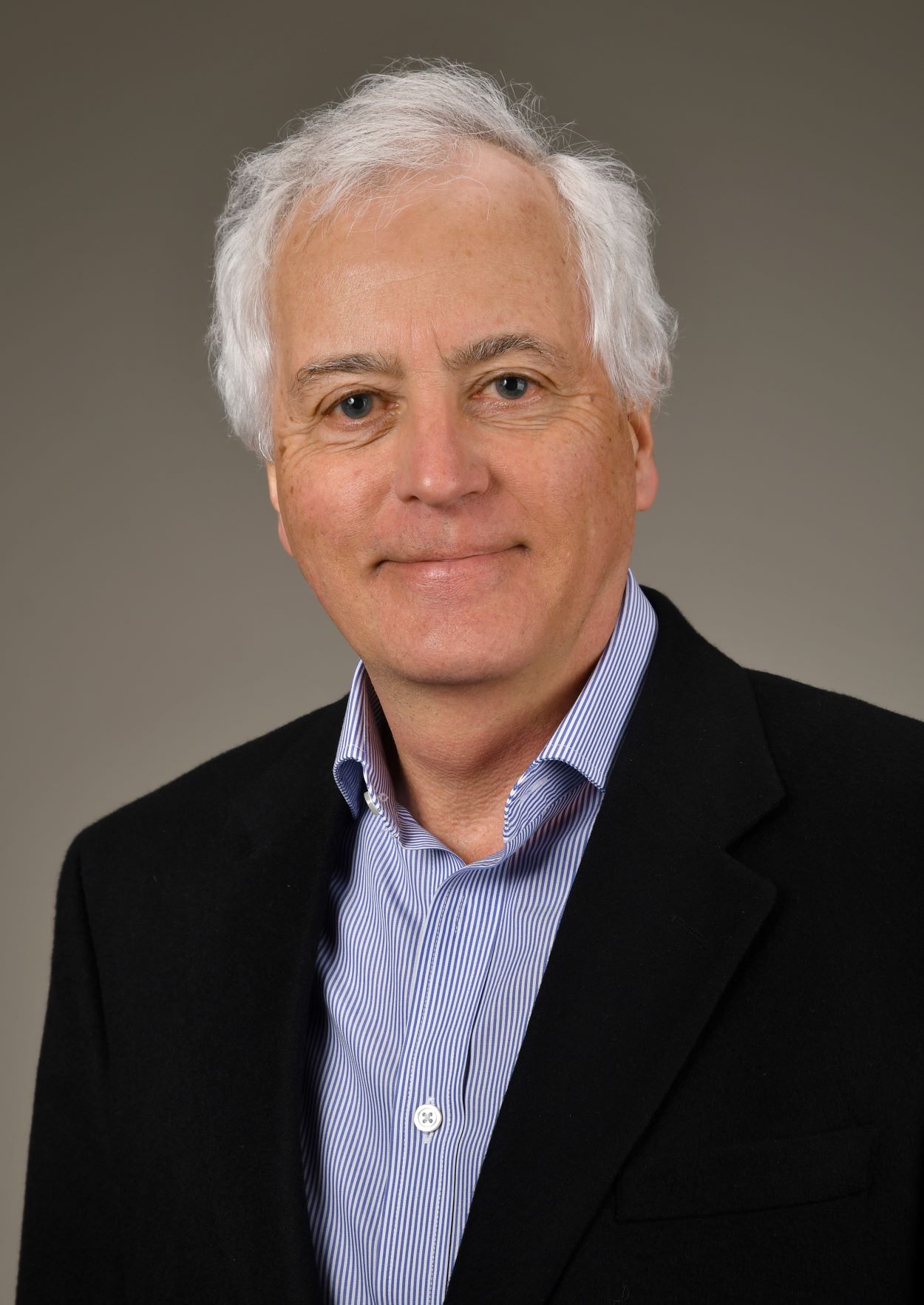DIRECTOR’S MESSAGE

Dr. John Hancock
I’m pleased to introduce the latest IMMpact report for The Brown Foundation Institute of Molecular Medicine for the Prevention of Human Diseases (IMM). The IMM is a stand-alone research institute within McGovern Medical School. Our mission is to deliver translational outcomes from research in molecular medicine that benefits patients. Inside the report you will find in-depth articles on five of our faculty and a highlighted donor, plus an account from each IMM faculty member describing their research programs and recent progress.
There are many metrics that can be used to quantify research and institutional success, including grant funding, scientific publications, spin out companies, and the capacity to recruit and retain stellar scientists from around the world. By all these metrics the IMM excels; I am especially pleased to report, that once again IMM faculty had remarkable success in garnering new grants from the National Institutes of Health, Department of Defense, Cancer Prevention and Research Institute of Texas (CPRIT), and other extramural funding agencies. It is a testament to the outstanding quality and creativity of our scientists that the IMM remains so successful in attracting research funds.
Full implementation of our mission remains heavily dependent on attracting support from alternative sources, including research charities and foundations, industry collaborations, and, most importantly, the continuing generosity of our friends and donors. Such funding is critical to allow our faculty to start innovative new projects and generate preliminary results that will in turn lead to new grant proposals. This is even more important as we navigate potential changes to NIH funding advocated by the new federal administration.
This year we moved our Center for Cardiovascular Genetics from the Cooley Building into IMM. TTI fully occupied and began operations in the TMC3 collaborative building in Helix Park adjacent to researchers from MD Anderson Cancer Center and Texas A&M University. In other developments, we launched a new IMM research center in Neuroimmunology and Glial Biology, headed up by Dr. Long-Jun Wu. Dr. Wu has been busy recruiting new faculty to the center, as you can read about in the following pages. Coinciding with the official launch of the center we hosted the first Hans J. Muller-Eberhard Symposium on Neuroimmunology and Glial Biology, which brought 12 national and international leaders in the field to the IMM. We expect that this will become an annual event. At the university level, Dr. Giuseppe Colasurdo announced that he is stepping down as president after 12 years in the role. Always a strong advocate for the research carried out at IMM, he will be missed, but we look forward to welcoming a new president, later this year. Dr. LaTanya Love is serving as president ad interim during the transition.
This brings me to our annual IMM symposium. An illuminating and entertaining evening where you can hear exciting research stories directly from our faculty and discuss the implications for the future of medicine and health care. This year the symposium will be held at IMM in the fall on October 14. It will feature two talks on recent research advances and one talk on what it takes to be an IMM researcher. The talks will be followed, as in years past, with a reception in the Dr. J.T. Willerson Discovery Hall. I look forward to seeing you all there.
John Hancock, MA, MB, BChir, PhD, ScD
Executive Director, Institute of Molecular Medicine
Executive Dean McGovern Medical School
John S. Dunn Distinguished University Chair in Physiology and Medicine
